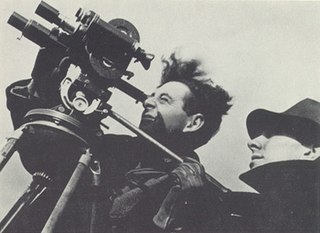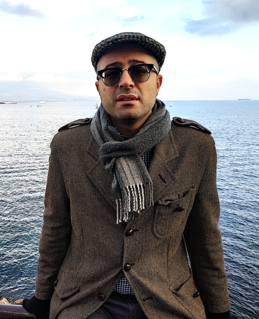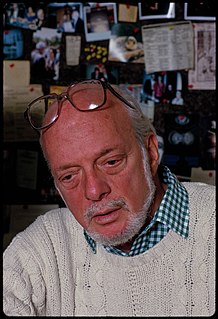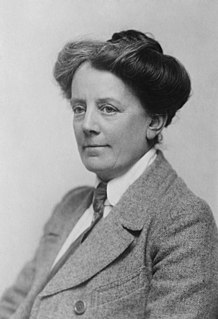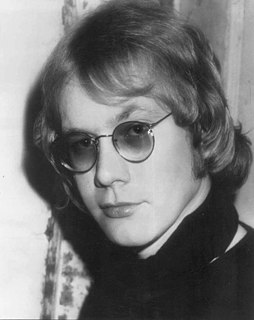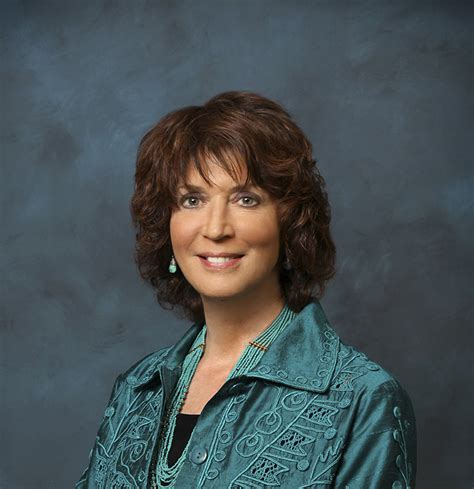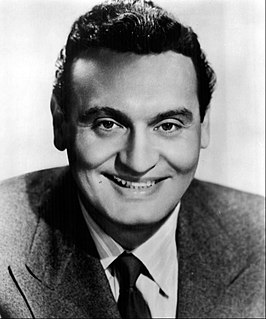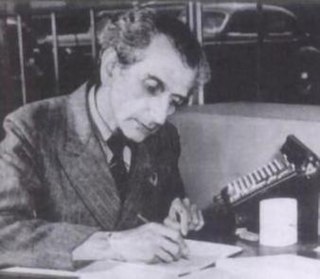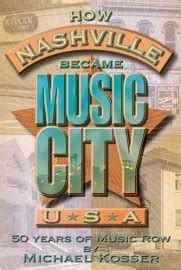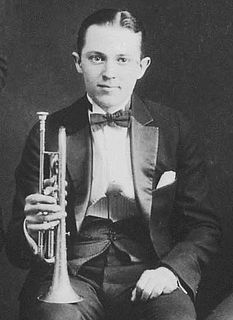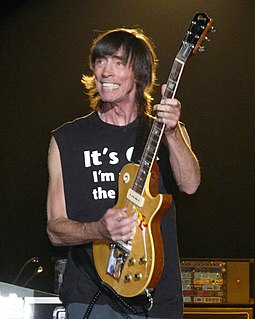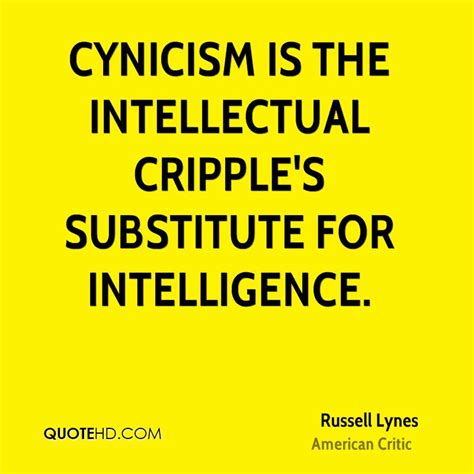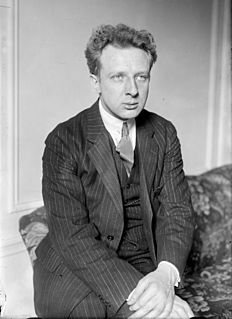Top 403 Composers Quotes & Sayings - Page 7
Explore popular Composers quotes.
Last updated on December 18, 2024.
These days I think the composers of music influence me more than any photographers or visual creators. I see something exciting or lovely and think to myself: 'If Papa Haydn or Wolfgang Amadeus or the red-headed Vivaldi were here with a camera, they'd snap a picture of what's in front of me.' So I take the picture for them.
Mozart in his music was probably the most reasonable of the world's great composers. It is the happy balance between flight and control, between sensibility and self-discipline, simplicity and sophistication of style that is his particular province... Mozart tapped once again the source from which all music flows, expressing himself with a spontaneity and refinement and breath-taking rightness that has never since been duplicated.
There are two kinds of music. One comes from the strings of a guitar, the other from the strings of the heart. One sound comes from a chamber orchestra, the other from the beating of the heart's chamber. One comes from an instrument of graphite and wood, the other from an organ of flesh and blood. This loftier music I speak of tonight is more pleasing than the notes of the most gifted composers, more moving than a marching band, more harmonious than a thousand voices joined in hymn and more powerful than all the world's percussion instruments combined. That sweet sound of love.
Occasionally I hear a band that blows me away. For instance, there's a musician in Oakland named Weasel Walter who has a band called the Flying Luttenbachers. Go see the Flying Luttenbachers when they're in your town. He's one of the greatest rock composers who ever lived, and he's struggling and living like a poverty-stricken hermit.
Gorecki, you know, there's a kind of personal thing there for me. I had, you know, kind of become obsessed with that sort of Soviet Bloc period. And actually, a lot of composers in the Soviet Bloc - Gorecki's not the only one - are writing for the harpsichord as a sort of reaction against enforced Soviet realism, expressionism, sort of enforced modernism.
It is necessary for us to explain the involuntary repugnance we possess for the nature and personality of the Jews. The Jews have never produced a true poet. Heinrich Heine reached the point where he duped himself into a poet, and was rewarded by his versified lies being set to music by our own composers. He was the conscience of Judaism, just as Judaism is the evil conscience of our modern civilization.
the writer must resist this temptation [to quote] and do his best with his own tools. It would be most convenient for us musicians if, arrived at a given emotional crisis in our work, we could simply stick in a few bars of Brahms or Schubert. Indeed many composers have no hesitation in so doing. But I have never heard the practice defended; possibly because that hideous symbol of petty larceny, the inverted comma, cannot well be worked into a musical score.
But there's a thin line between songwriting and arranging. ... Recording at home enables one to eliminate the demo stage, and the presentation stage in the studio, too. ... And I think it's safe to say that the single very impressive figure to me was Merle Haggard. ... Dylan can do no wrong. ... Glenn Gould was my hero. Glenn Gould was my idol. I loved him. ... I loved Hendrix. I mean, really, really loved him. As if he were one of the great classical composers. And he was. That's how I saw him.
When we look at the arts and letters in America, especially if we look at poetry, and poetry set to music, this dialogue, we have this very powerful beautiful, eclectic, diary, or narration of being in America, being American, participating in America, becoming more of America and also as an American, the American creative spirit, which is quite interesting. Our composers and poets have spent more time writing and thinking and speaking out of what it means to be a composer or poet as well as to be an American, or a composer or poet In America; both relationships.
Bad facts make bad law, and people who write bad laws are in my opinion more dangerous than songwriters who celebrate sexuality. Freedom of speech, freedom of religious thought, and the right to due process for composers, performers and retailers are imperiled if the PMRC and the major labels consummate this nasty bargain.
Thankfully, it is getting better for women composers. We now have five women Pulitzer Prize winners in music since 1983: Ellen Taaffe Zwilich, Shulamit Ran, Melinda Wagner, Jennifer Higdon, and Caroline Shaw. When Marin Alsop was asked what it felt like to conduct the Last Night of the Proms, she said, "I am exceedingly proud to be 'the first' but I am also a bit shocked that there can still be firsts for women in 2013!"
The books of the great scientists are gathering dust on the shelves of learned libraries. And rightly so. The scientist addresses an infinitesimal audience of fellow composers. His message is not devoid of universality but its universality is disembodied and anonymous. While the artist's communication is linked forever with its original form, that of the scientist is modified, amplified, fused with the ideas and results of others and melts into the stream of knowledge and ideas which forms our culture. The scientist has in common with the artist only this: that he can find no better retreat from the world than his work and also no stronger link with the world than his work.
In some ways, it is difficult for contemporary composers to find an audience. Both men and women would love a culture that embraced and hungered for new music, as they did in the Classical period. I tell my students that they should just keep writing, write what pleases you, and don't worry about what people or critics may think about your music.
I went to Hollywood. I put the action in Hollywood. I watched a lot of movies, maybe 100 or something close to that. I have tons of DVDs now at home. I don't know what to do with them because they're not useful anymore. My kids never watched them. I read a lot of autobiographies, listened to a lot of music by classical era composers like Franz Waxman, Max Steiner, Bernard Herrmann, Alfred Newman and Leonard Bernstein. I listened to only that kind of music the entire time I was writing, even at home.
On one hand you have a string quartet, which is not a symphony. On the other hand is you have me sampling them and making it sound like there is many more people playing, so the whole notion of, kind of, sampling applied to classical music is very intriguing to me because composers throughout history have borrowed motifs and quotes from one another.
As a young man I couldn't travel, nobody could travel, they wouldn't give us a passport. For many years I was trying to go abroad. And then one day I read in the newspaper about a new competition for composers, and the first prize was a trip to the West. I decided I must get the first prize, so I wrote three pieces in three different styles.
Most of the arts, as painting, sculpture, and music, have emotional appeal to the general public. This is because these arts can be experienced by some one or more of our senses. Such is not true of the art of mathematics; this art can be appreciated only by mathematicians, and to become a mathematician requires a long period of intensive training. The community of mathematicians is similar to an imaginary community of musical composers whose only satisfaction is obtained by the interchange among themselves of the musical scores they compose.
Especially on Broadway, composers and lyricists fretted over their creations, obsessed over every rhyme, every critical chord or interval. The stakes were so high. On Broadway, people were watching and judging, especially newspaper critics who knew a thousand ways to slice and dice a songwriter for the entertainment of hundreds of thousands of faithful readers. There was no anonymity for the Broadway songwriter. Even the best could find themselves stripped naked the morning after by the tastemakers and their readers.
A few Disney TV composers had me pinch-hit writing some scoring cues to picture. Disney tapped me to be the composer for the underscore and song producer for this new show called "Phineas and Ferb."There is nothing like a successful animated show to get your chops up. You have to do every style - action, adventure, romantic, suspense, spy, poignant, rock, funk, big band - delivered on a deadline.
The humor of jazz is rich and many-sided. Some of it is obvious enough to make a dog laugh. Some is subtle, wry-mouthed, or back-handed. It is by turns bitter, agonized, and grotesque. Even in the hands of white composers it involuntarily reflects the half-forgotten suffering of the negro. Jazz has both white and black elements, and each in some respects has influenced the other. It's recent phase seems to throw the light of the white race's sophistication upon the anguish of the black.
What will be the judgment a century hence concerning the lorded works of our favorite composers today? Inasmuch as nearly everything is subject to the changes of time, and - more's the pity- the fashions of time, only that which is good and true will endure like a rock and no wanton hand will ever venture to defile it. Then, let every man do that which is right, strive with all his might towards the goal which can never be obtained, develop to the last breath the gifts with which the gracious Creator has endowed him, and never cease to learn. For life is short, art eternal.
I took classical piano for a couple of years, but I sort of lost interest - I couldn't read a note today if I tried. I still enjoy that stuff, and I think I naturally gravitate towards the classical licks; in fact, I know that I do. I gravitate towards the classical licks that I heard by famous old composers.
To spend any time with someone who is among the top five film composers of the last 50 years is pure gold dust. I mean, not necessarily stylistically, because everyone is different in what their music sounds like, but the approach and how to look at a film, how to think about a film, how to decide what you want to do, how to think about characters, how to think about art, how to think about narrative, how to liaise with producers, how to liaise with directors.
... Andres Segovia literally created the genre of classical guitar, which hadn't existed before around 1910. There was flamenco, which he borrowed from, but he actually arranged the works of Mozart and other classical composers for guitar, something that had never been done before ... Segovias' style is not slick or contrived, but it's still very clean and his timing is impeccable ... it's got a feeling of casual elegance, as if he's sitting around the house in Spain with a jug of wine, just playing from the heart.
It is possible I never learned the names of birds in order to discover the bird of peace, the bird of paradise, the bird of the soul, the bird of desire. It is possible I avoided learning the names of composers and their music the better to close my eyes and listen to the mystery of all music as an ocean. It may be I have not learned dates in history in order to reach the essence of timelessness. It may be I never learned geography the better to map my own routes and discover my own lands. The unknown was my compass. The unknown was my encyclopedia. The unnamed was my science and progress.
Is there a gender gap in the music industry? It is true that there are more professional male music creators than female. For some reason, it's taking a lot longer in music than in literature and the visual arts to reach equilibrium. It was almost acceptable by the 19th century for female writers to be published, yet it's only in the last couple of decades, since about 1980, that historical female composers have really emerged.
I think there's just been this "thing" that's developed, this way that we have of talking about our music that alienates people. And I fall into that too! I learned that in graduate school. You just talk about your music in a specific way, and that separates people from you. But some composers like that. Schoenberg liked that. He wanted to feel that he was making music for an elite few. That's fine for him, but I want to set myself free from that sort of attitude.
Improvisation was the blood and bone of jazz, and in the classic, New Orleans jazz it was collective improvisation in which each performer, seemingly going his own melodic way, played in harmony, dissonance, or counterpoint with the improvisations of his colleagues. Quite unlike ragtime, which was written down in many cases by its composers and could be repeated note for note (if not expression for expression) by others, jazz was a performer's not a composer's art.
It's hard to put into words the impact of the perfect lyric, melody or contagious beat that moves you in an unexpected way. Authors, composers and artists have tried - and here we've rounded up our favorite quotes that help to begin forming structure around such an unspoken universal force. Which are most meaningful to you? If you had to sum up the power of music and sound in one sentence, what would you say?"A painter paints pictures on canvas. But musicians paint their pictures on silence."
Fortunately, I'm able to make a living from comics, so I'm privileged enough to be quite choosy, though most cartoonists can't afford to be. It's really an uncomfortable situation, since I'm not an illustrator, though I do get calls from morally indefensible businesses offering me money to decorate their ambitions. It's extremely rare, almost unheard of, in fact, that I am asked to do a comic strip. Do writers get calls to pen Toyota advertisements? Do composers get asked to write chamber pieces about exercise machines?
When I finally got together with Rostropovich as a student, he was very focused, almost entirely focused on the music itself, on what the composer had in mind and what he knew about the composer. Many of the works that I played for him had in fact been composed and written for him; he was often the first performer of these works, having known the composers personally.
All is made clear,regarding Abraham and Sarah's traversal into Egypt, when we realize what biblicists meant by the term "Egypt." As Ralph Ellis so brilliantly points out, the name Egypt was employed by the composers of the Old Testament to denote Thebes in Lower Egypt. This was the city and region controlled by the adversaries of the Hyksos. It was considered a separate region, with different rulers, gods, customs, and politics. So, it was not the country of Egypt that Abraham visited, but Thebes within Egypt.
The culture of suppressing women composers and performers goes centuries back in Germany and other countries. Just think of Fanny Mendelssohn and the struggles she and many other women had to endure to get their music recognized. How many women's compositions were left to languish in attics, only to be thrown out by future generations! So much has been lost over the centuries.
The emerging picture from such studies is that ten thousand hours of practice is required to achieve the level of mastery associated with being a world-class expert - in anything. In study after study, of composers, basketball players, fiction writers, ice skaters, concert pianists, chess players, master criminals, and what have you, this number comes up again and again…no one has yet found a case in which true world-class expertise was accomplished in less time. It seems that it takes the brain this long to assimilate all that it needs to know to achieve true mastery.
As to...old composers like Schubert or Beethoven, I imagine that, while modern music expresses both feeling, thought and imagination, they expressed pure feeling. And you know all day sitting at work, eating, walking, etc., you have hundreds of feelings that can't be put into words. And that is why I think that in a sense music is the highest of the arts, because it really begins where the others leave off.
